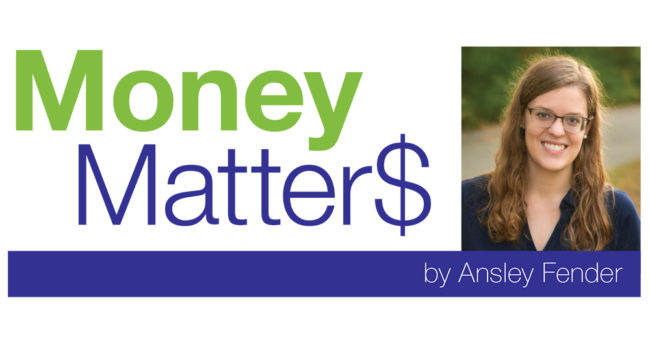
BY ANSLEY FENDER
The American Dream has long been tied to homeownership, with renting a home traditionally reserved for young people or those unable to secure a mortgage. However, changes in the housing market, economy, and even our way of life may be altering that view, tipping the scale in favor of renting.
In the aftermath of the 2008 housing market crash, rock-bottom home prices and low mortgage rates made buying a home the better financial decision for nearly a decade. However, as the market
recovered, demand for homes outpaced supply, resulting in rising home prices. Now, according to Realtor.com, the monthly cost of buying and occupying a home is up 14 percent over last year, while rent rates are up just 4 percent, indicating that renting may be the better decision.
Even so, many prefer buying a home, believing real estate is an effective investment tool for realizing short-term housing market gains or for building long-term equity. But researchers at Florida Atlantic University and Florida International University recently found that “renting and reinvesting the savings from renting, on average, will outperform owning and building home equity, in terms of wealth creation.” Furthermore, selling a home for more than it was purchased does not necessarily indicate a profit as one must account for the cost of maintenance, repairs, and property taxes paid while owning the home as well as any realtor fees, moving costs, and closing costs incurred at its sale.
Therefore, a home purchase should not be viewed as an investment but simply as one method of securing a place to live. Whether renting or buying is the better method ultimately depends on a person’s priorities.
Many young professionals in their 20s and 30s delay marriage and childbearing in favor of career building and achieving financial stability. For them, renting makes sense as it allows them mobility and there are no maintenance costs associated with their home. In addition, a survey conducted by the University of Chicago and NBC News found that 75 percent of millennials are in debt, with neither the savings for a down payment nor the budget to support a mortgage.
In contrast, individuals in their 40s and 50s favor buying over renting. The majority have families, so purchasing a home gives them more space—the average home is roughly twice the size of the average apartment, according to the National Association of Home Builders. Furthermore, those who live in their homes long enough to pay off the mortgage will benefit from a significant reduction in their monthly expenses during retirement.
However, in a relatively recent shift, retirement-age individuals are bucking tradition and increasingly favor renting over owning. According to the Joint Center for Housing Studies, over the past decade “the number of renters in their early 60s increased by 84% . . . [and] 1 in 8 homeowners ages 65 to 74 made an own-to-rent transition.”
While the American dream may once have been tied to homeownership, today’s housing market might make renting the better option. Still, the decision ultimately depends less on the health of the market and more on an individuals’ priorities, which can change dramatically as they develop a career, build a family, and approach retirement.












One oft overlooked downside to owning is that it tends to make people consume more housing than if they rented (i.e. they buy a bigger and more expensive place than they would rent). That can quickly offset any of the “savings” advantages of buying.